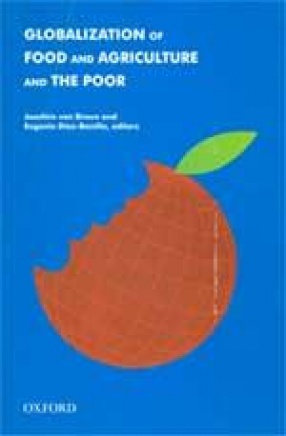The paradigm of development has shifted from Per Capita Gross National Product (PCGNP) or Per Capita Gross Domestic Product (PCGDP) to human well-being. It has also been admitted broadly that PCGNP does not automatically transform into human well-being. In fact the second half of the 20 century will go down in human history as the period when mankind severally and together to improve the conditions of living and quality of life of its members, organised within different national boarders. The period began with political independence for many of these countries which were still under colonial rule and was followed by the increased concern about how the successor national governments were succeeding in improving the lot of their populace. PCGNP or PCGDP was used by the national and international policy makers to measure the national well-being. But the experience of the 1950s and 1960s, when a large number of the Third World countries achieved the overall UN growth targets but the levels of living of the masses of people remained for the most part unchanged, signaled that something was wrong with the narrow definition of development and consequently, a clamour for dethronement of PCGNP or PCGDP as a measure of development was arisen among the economists and policy makers and they began to search an alternative yard stick to measure national well-being. This study offers an inter-temporal cross-country analysis of human well-being over a period 1960-94.
Human Well-Being: Socio-Economic Indicators–A Global Study
In stock
Free & Quick Delivery Worldwide
reviews
Bibliographic information
Title
Human Well-Being: Socio-Economic Indicators–A Global Study
Author
Edition
1st ed.
Publisher
ISBN
8175410752
Length
160p., Tables.
Subjects





There are no reviews yet.